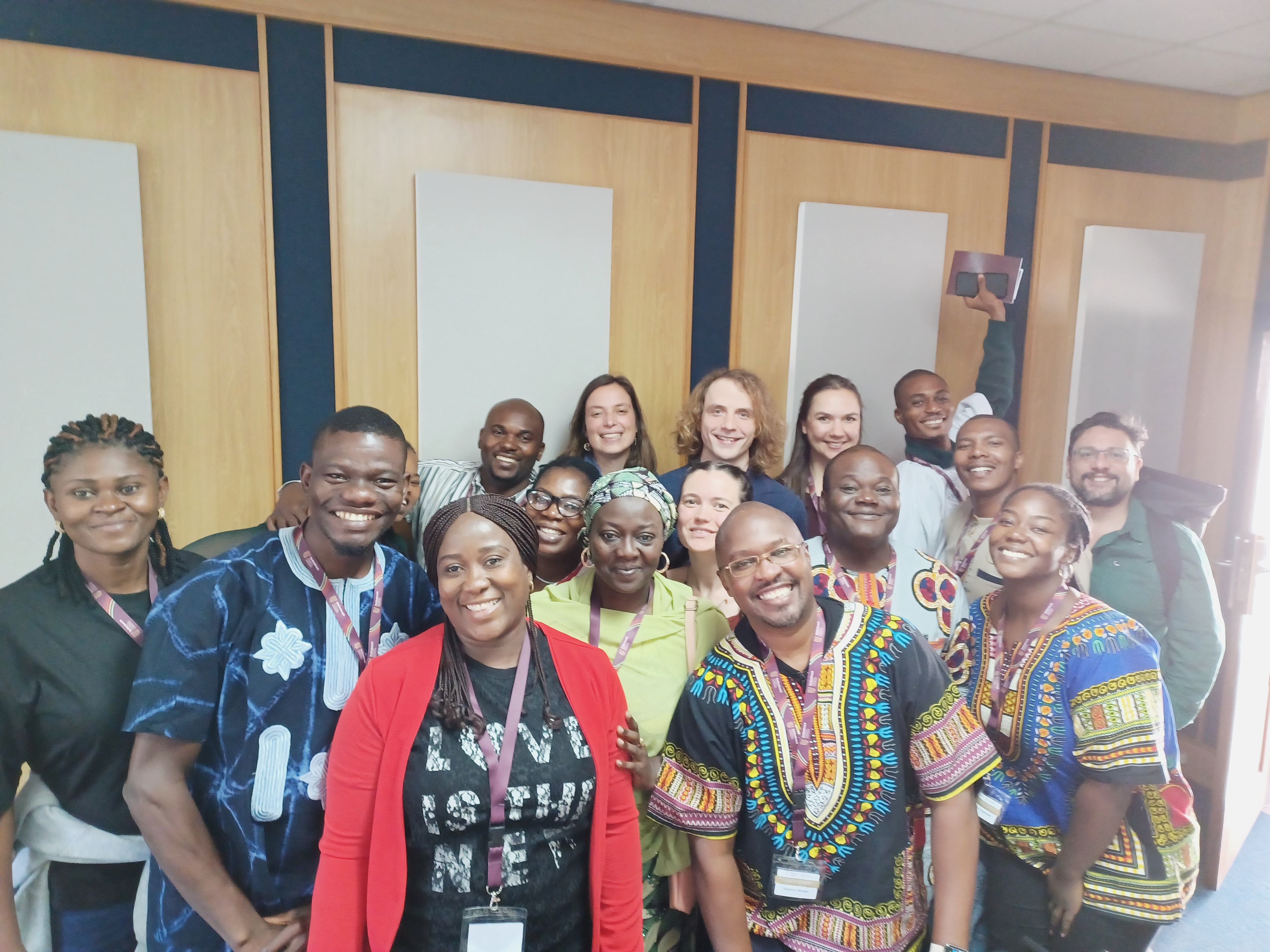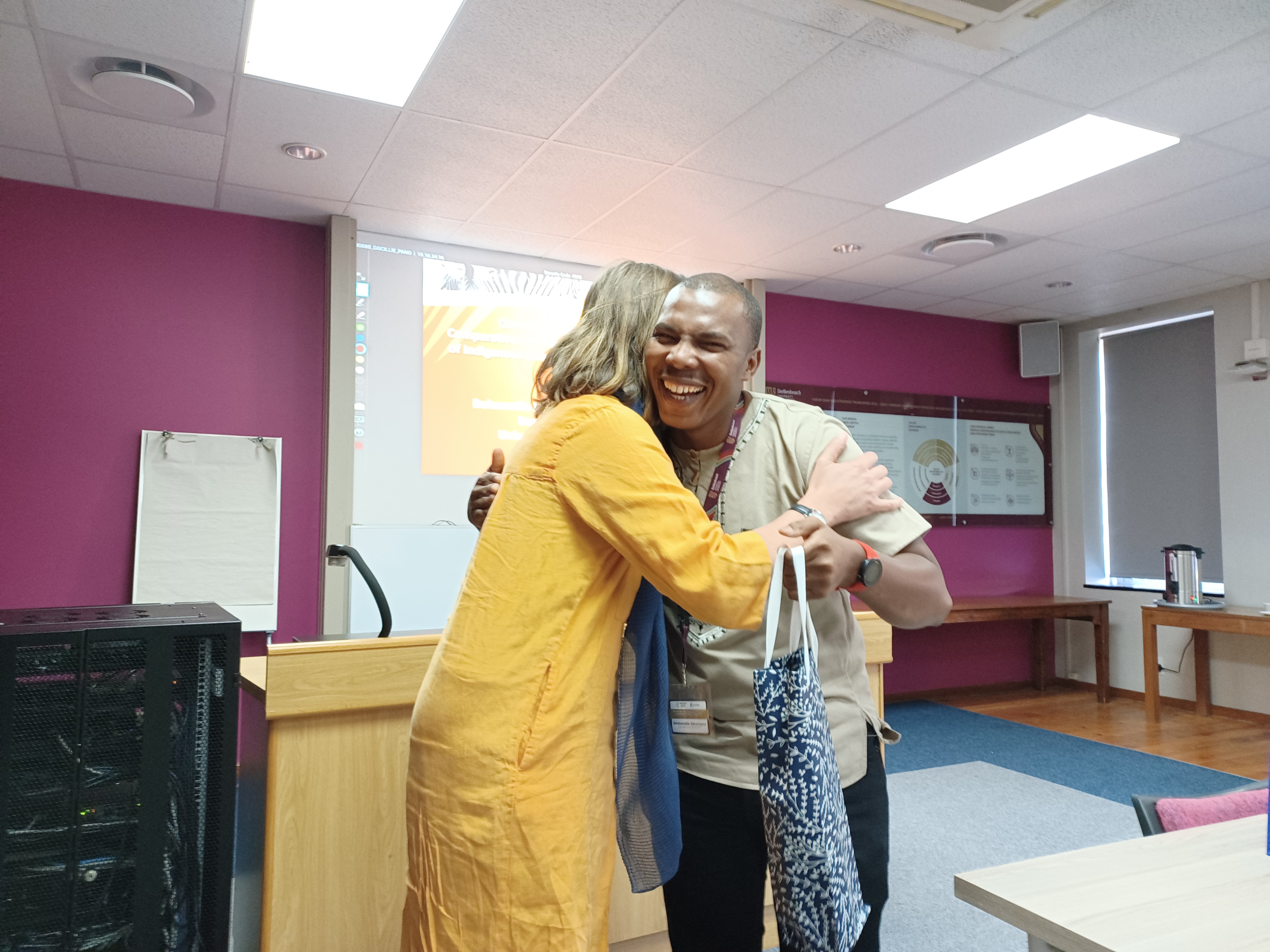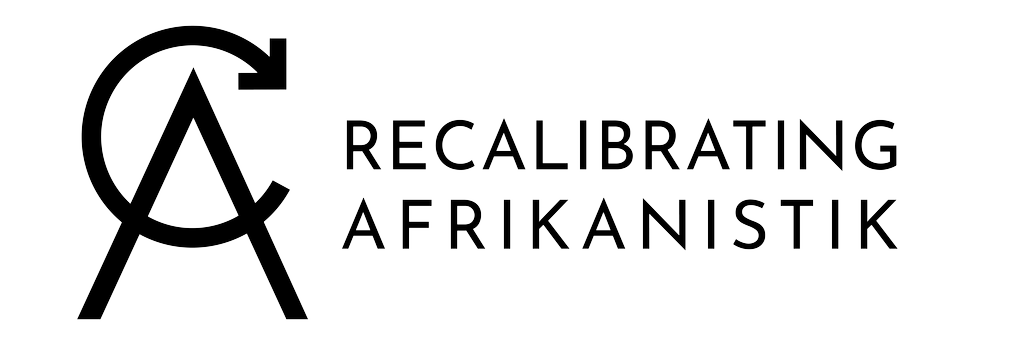RecAf Conference 2024 in Stellenbosch

An important part of RecAf’s program is that each of the six partner universities (three in Europe and three in Africa) gets to host a seasonal school during the course of the research project. In April 2024, it was Stellenbosch University’s turn to host such an event, so scholars from five different countries gathered in the beautiful South African town to discuss the theme “Beyond the Recalibration of African Languages through Education”.
The event was organized by our South African partner, Dr. Simthembile Xeketwana, a lecturer in Curriculum Studies. Sim had a tough act to follow after Prof. Judith Mgbemena had organized such an impactful event in Abuja the year before, but he did not disappoint! Like Judith, he chose more of a conference format to benefit the PhD and advanced master’s students who needed more training in the mode of academic presentations. The whole event ran so smoothly that our project coordination team, who had come ready to help with facilitation, had so little work to do that we were able to actually participate in and enjoy the conference!
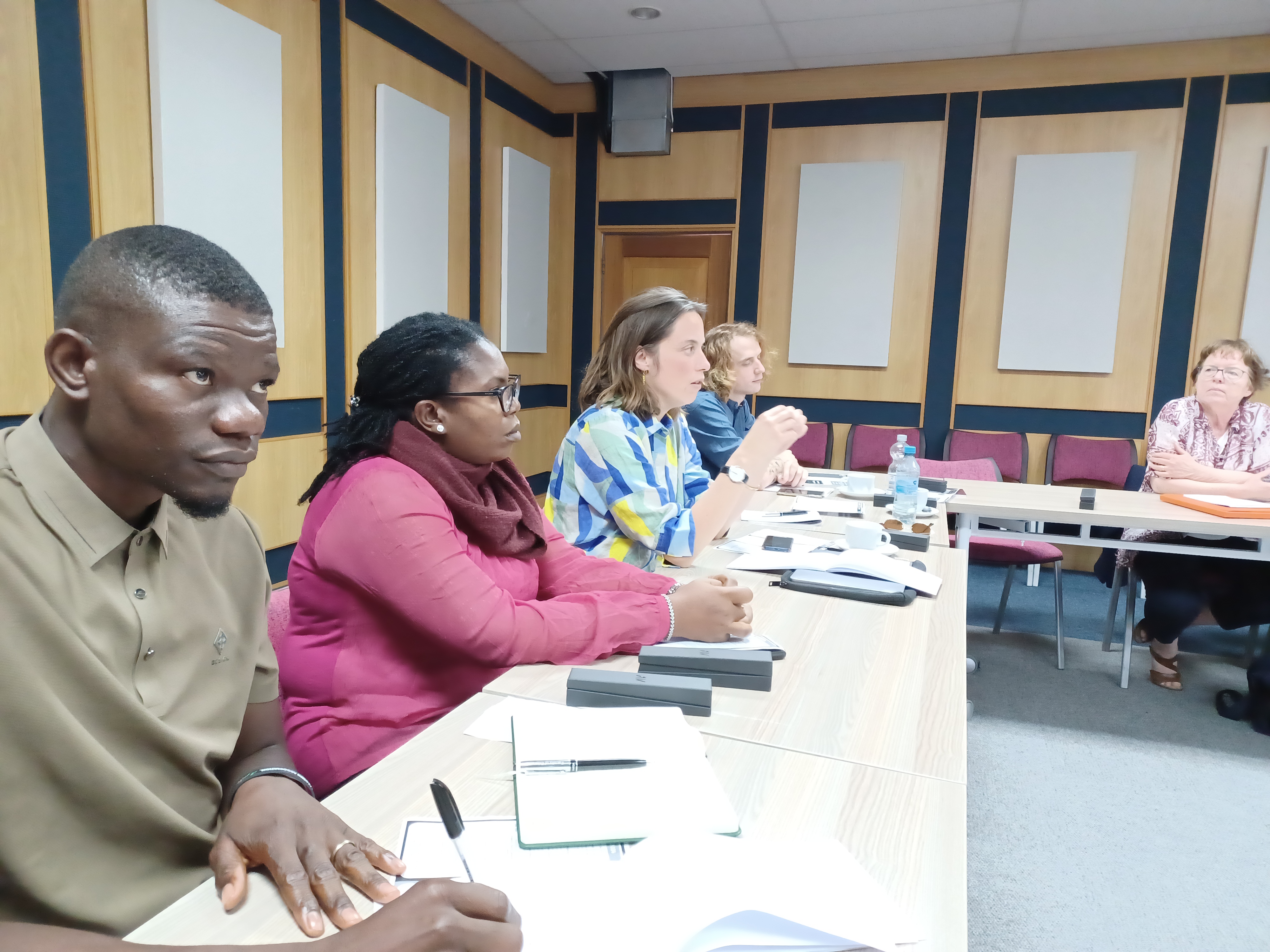

Day 1 opened with a welcome address from Prof. Wim de Villiers, the Vice Chancellor of Stellenbosch University, followed by a keynote address by Prof. Mantoa Motinyane called “Decolonising African Orthographies: Navigating Colonial Legacies in a Post-Colonial Era”. We then saw six presentations by young scholars from the University of Lagos, the Federal University of Wukari (Nigeria), the University of Leipzig (Germany), and Stellenbosch University, broken up by discussions, refreshments, and lunch. In the evening, Sim invited us all to a cocktail hour hosted in the sunny courtyard of the faculty, where we were served delightful hors d’oeuvres and (obviously) South African wine.

After some tea and coffee to kick off Day 2, we listened to another keynote, this time by Dr. Xolisa Guzula from the University of Cape Town on “Disrupting Kolonilingo-Normativity in the Education of African Language-Speaking Children”. This was followed by presentations by scholars from the University of Bayreuth (Germany), the Federal University of Lafia (Nigeria), and the Federal University of Wukari. Unfortunately, two scholars from Malawi and elsewhere in South Africa who were on the program weren’t able to come, so we sadly missed out on their perspectives. After an excellent lunch on the top floor of the faculty, we spent the entire afternoon in a workshop on article writing offered by Prof. Liezel Frick of Stellenbosch University.
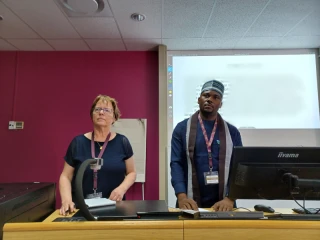
Day 3 (the final day of the conference) started earlier, as we had six presentations in a row by scholars from scholars from the University of the Western Cape (South Africa), University of Ibadan (Nigeria), Moi University (Kenya), University of Naples l’Orientale (Italy), and the Federal University of Wukari. After a delectable lunch, we closed the conference with a discussion and celebration of our excellent hosts!
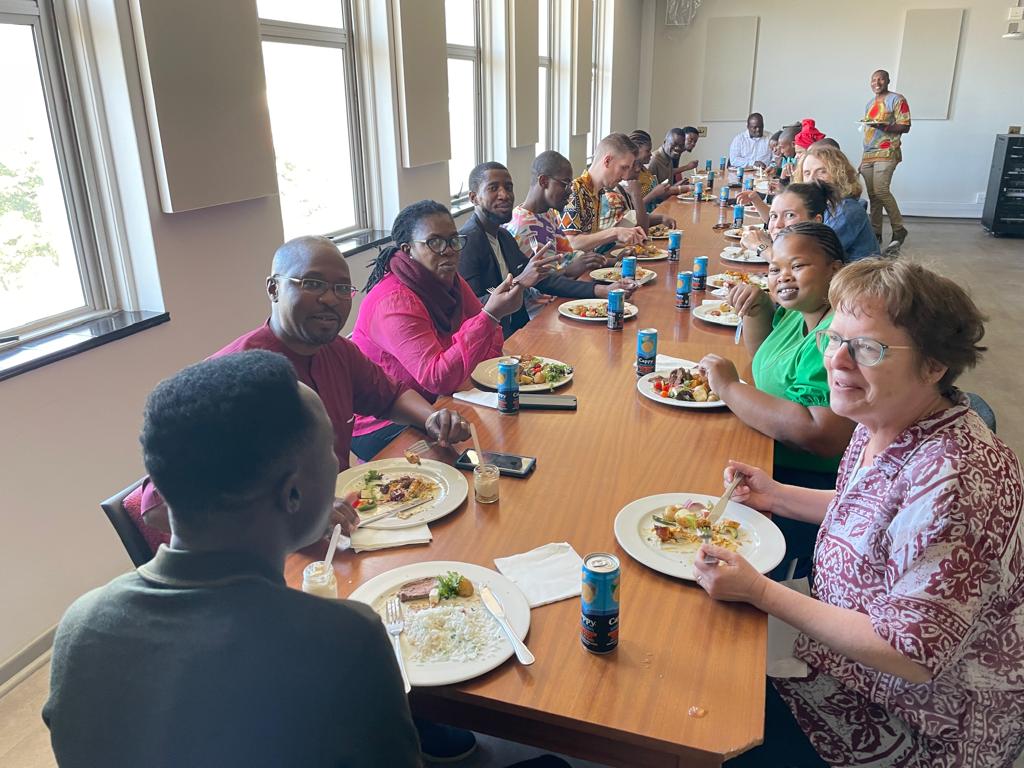

The RecAf conference in Stellenbosch highlighted several important aspects. Firstly, it reinforced the fact that doing scholarship in person is far superior to doing it online. Since the COVID-19 pandemic, we have held events and meetings online—which is great because it allows people to be a part of things from all over the world—but its impact pales in comparison to sitting across from the same people in the conference room and the dinner table, talking about both research and life. Secondly, the topic of language in education in Africa is a hot one with many dimensions, from language acquisition to equity to what constitutes education and beyond, all of which have interdisciplinary potential. Thirdly, the academic exchange between the Global North and Global South is great, but equally important is the South-South exchange, as our partners from Kenya, Nigeria, and South Africa were able to speak to each other’s contexts in unforeseen and intriguing ways. Lastly, RecAf’s dedication to investing in young scholars was once again validated, as we saw marked improvement in some of the same scholars who had presented at earlier events in the project. Some of these scholars have been invited to contribute to a publication coming out of the conference, so keep an eye out for that!
